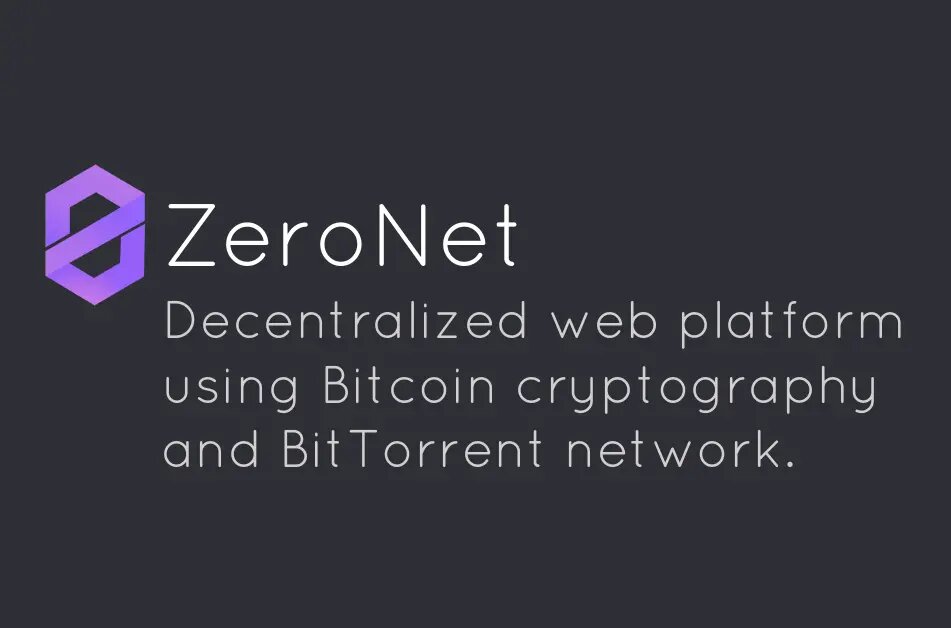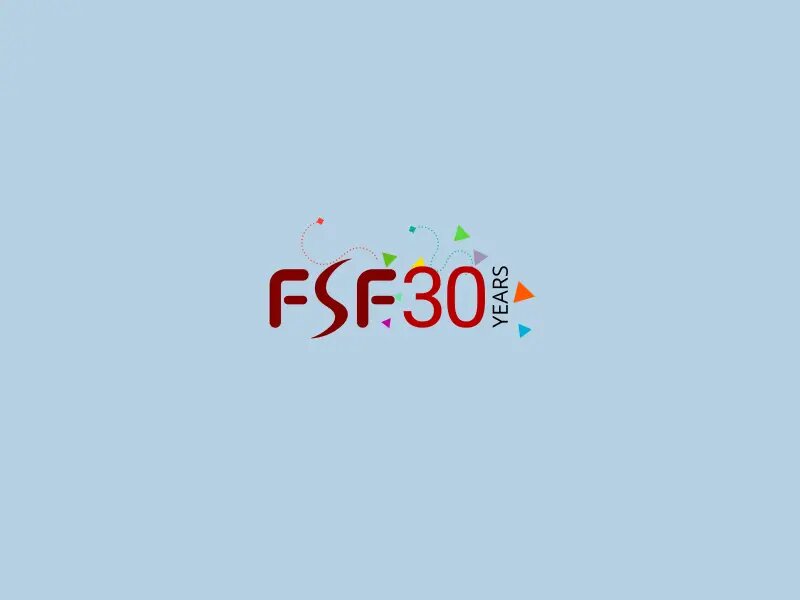
How to encrypt the Android /data partition if it only makes a quick reboot
How to fix the issue that prevents encrypting a mobile or multimedia tablet and only causes the device to quick restart.

How to fix the issue that prevents encrypting a mobile or multimedia tablet and only causes the device to quick restart.

ZeroNet uses Bitcoin cryptography and BitTorrent technology to build a decentralized censorship-resistant network. Users can publish static or dynamic websites into ZeroNet and visitors can choose to also serve the website. Websites will remain online even if it is being served by only one peer. When a site is updated by its owner, all nodes serving that site (previous visitors) will receive only the incremental updates done to the site content. ZeroNet counts with a built-in SQL database. This makes content-heavy site development easy. The DB is also synced with hosting nodes with incremental updates. Coded in Python, licensed under a GNU GPL 2.

As I mentioned a few weeks ago , 2015 was the Free Software Foundation’s (FSF) thirtieth year defending and advancing computer users’ rights. They are taking the occasion of this significant anniversary to start a year-long intensive process of reviewing where they are: Taking stock of their current initiatives, making sure they have appropriate metrics and desired outcomes associated with each one, and assessing how they use their resources in light of that information. With a clearer sense of where they are, they can improve their efficiency, and do a better job at prioritizing what’s most important. Being able to clearly demonstrate their successes will in turn lead to more resources, enabling to expand and take on more projects.